The Wholesome Journey - Group Nutrition Coaching Program
Mentorship Program, 1:1 Nutrition Coaching with Alison
What do you want to learn more about?
Program Login
Podcast Features
October 5, 2018
Alison Tierney, MS, RD, CD, CSO
Alison is a registered dietitian, board-certified in oncology nutrition, and a cancer thriver. Her expertise in oncology nutrition and personal experience with her own cancer diagnosis and its treatment provide her with the unique perspective of being able to relate to her clients on an entirely different level. Her content is consistently focused on evidence-based guidelines and seeks to increase the awareness of the power of nutrition to complement traditional cancer therapies.
- Alison Tierney, MS, RD, CD, CSO
- Alison Tierney, MS, RD, CD, CSO
- Alison Tierney, MS, RD, CD, CSO
- Alison Tierney, MS, RD, CD, CSO
- Alison Tierney, MS, RD, CD, CSO
- Alison Tierney, MS, RD, CD, CSO
- Alison Tierney, MS, RD, CD, CSO
- Alison Tierney, MS, RD, CD, CSO
- Alison Tierney, MS, RD, CD, CSO
- Alison Tierney, MS, RD, CD, CSO
- Alison Tierney, MS, RD, CD, CSO
- Alison Tierney, MS, RD, CD, CSO
- Alison Tierney, MS, RD, CD, CSO
- Alison Tierney, MS, RD, CD, CSO
- Alison Tierney, MS, RD, CD, CSO
- Alison Tierney, MS, RD, CD, CSO
- Alison Tierney, MS, RD, CD, CSO
- Alison Tierney, MS, RD, CD, CSO
- Alison Tierney, MS, RD, CD, CSO
- Alison Tierney, MS, RD, CD, CSO
- Alison Tierney, MS, RD, CD, CSO
- Alison Tierney, MS, RD, CD, CSO
- Alison Tierney, MS, RD, CD, CSO
- Alison Tierney, MS, RD, CD, CSO
- Alison Tierney, MS, RD, CD, CSO
- Alison Tierney, MS, RD, CD, CSO
- Alison Tierney, MS, RD, CD, CSO
- Alison Tierney, MS, RD, CD, CSO
- Alison Tierney, MS, RD, CD, CSO
- Alison Tierney, MS, RD, CD, CSO
- Alison Tierney, MS, RD, CD, CSO
- Alison Tierney, MS, RD, CD, CSO
- Alison Tierney, MS, RD, CD, CSO
- Alison Tierney, MS, RD, CD, CSO
- Alison Tierney, MS, RD, CD, CSO
- Alison Tierney, MS, RD, CD, CSO
- Alison Tierney, MS, RD, CD, CSO
- Alison Tierney, MS, RD, CD, CSO
- Alison Tierney, MS, RD, CD, CSO
- Alison Tierney, MS, RD, CD, CSO
- Alison Tierney, MS, RD, CD, CSO
- Alison Tierney, MS, RD, CD, CSO
- Alison Tierney, MS, RD, CD, CSO
- Alison Tierney, MS, RD, CD, CSO
- Alison Tierney, MS, RD, CD, CSO
- Alison Tierney, MS, RD, CD, CSO
- Alison Tierney, MS, RD, CD, CSO
- Alison Tierney, MS, RD, CD, CSO
- Alison Tierney, MS, RD, CD, CSO
- Alison Tierney, MS, RD, CD, CSO
- Alison Tierney, MS, RD, CD, CSO
- Alison Tierney, MS, RD, CD, CSO
- Alison Tierney, MS, RD, CD, CSO
- Alison Tierney, MS, RD, CD, CSO
- Alison Tierney, MS, RD, CD, CSO
- Alison Tierney, MS, RD, CD, CSO
- Alison Tierney, MS, RD, CD, CSO
- Alison Tierney, MS, RD, CD, CSO
- Alison Tierney, MS, RD, CD, CSO
- Alison Tierney, MS, RD, CD, CSO
- Alison Tierney, MS, RD, CD, CSO
- Alison Tierney, MS, RD, CD, CSO
- Alison Tierney, MS, RD, CD, CSO
- Alison Tierney, MS, RD, CD, CSO
- Alison Tierney, MS, RD, CD, CSO
- Alison Tierney, MS, RD, CD, CSO
- Alison Tierney, MS, RD, CD, CSO
- Alison Tierney, MS, RD, CD, CSO
- Alison Tierney, MS, RD, CD, CSO
- Alison Tierney, MS, RD, CD, CSO
- Alison Tierney, MS, RD, CD, CSO
- Alison Tierney, MS, RD, CD, CSO
- Alison Tierney, MS, RD, CD, CSO
- Alison Tierney, MS, RD, CD, CSO
- Alison Tierney, MS, RD, CD, CSO
- Alison Tierney, MS, RD, CD, CSO
- Alison Tierney, MS, RD, CD, CSO
- Alison Tierney, MS, RD, CD, CSO
- Alison Tierney, MS, RD, CD, CSO
- Alison Tierney, MS, RD, CD, CSO
- Alison Tierney, MS, RD, CD, CSO
- Alison Tierney, MS, RD, CD, CSO
- Alison Tierney, MS, RD, CD, CSO
- Alison Tierney, MS, RD, CD, CSO
- Alison Tierney, MS, RD, CD, CSO
- Alison Tierney, MS, RD, CD, CSO
- Alison Tierney, MS, RD, CD, CSO
- Alison Tierney, MS, RD, CD, CSO
- Alison Tierney, MS, RD, CD, CSO
- Alison Tierney, MS, RD, CD, CSO
- Alison Tierney, MS, RD, CD, CSO
- Alison Tierney, MS, RD, CD, CSO
- Alison Tierney, MS, RD, CD, CSO
- Alison Tierney, MS, RD, CD, CSO
- Alison Tierney, MS, RD, CD, CSO
- Alison Tierney, MS, RD, CD, CSO
- Alison Tierney, MS, RD, CD, CSO
- Alison Tierney, MS, RD, CD, CSO
- Alison Tierney, MS, RD, CD, CSO
- Alison Tierney, MS, RD, CD, CSO
- Alison Tierney, MS, RD, CD, CSO
- Alison Tierney, MS, RD, CD, CSO
- Alison Tierney, MS, RD, CD, CSO
- Alison Tierney, MS, RD, CD, CSO
- Alison Tierney, MS, RD, CD, CSO
- Alison Tierney, MS, RD, CD, CSO
- Alison Tierney, MS, RD, CD, CSO
- Alison Tierney, MS, RD, CD, CSO
- Alison Tierney, MS, RD, CD, CSO
- Alison Tierney, MS, RD, CD, CSO
- Alison Tierney, MS, RD, CD, CSO
- Alison Tierney, MS, RD, CD, CSO
- Alison Tierney, MS, RD, CD, CSO
- Alison Tierney, MS, RD, CD, CSO
- Alison Tierney, MS, RD, CD, CSO
- Alison Tierney, MS, RD, CD, CSO
- Alison Tierney, MS, RD, CD, CSO
- Alison Tierney, MS, RD, CD, CSO
- Alison Tierney, MS, RD, CD, CSO
- Alison Tierney, MS, RD, CD, CSO
- Alison Tierney, MS, RD, CD, CSO
- Alison Tierney, MS, RD, CD, CSO
- Alison Tierney, MS, RD, CD, CSO
I love dairy. After all, I hail from the dairy state, Wisconsin.
Believe it or not, I eliminated dairy from my diet about two years ago. But, it wasn’t cold turkey. I d r a s t i c a l l y reduced my consumption the year prior.
Why would I do such a crazy thing? I think I can sum it up for you in a few words:
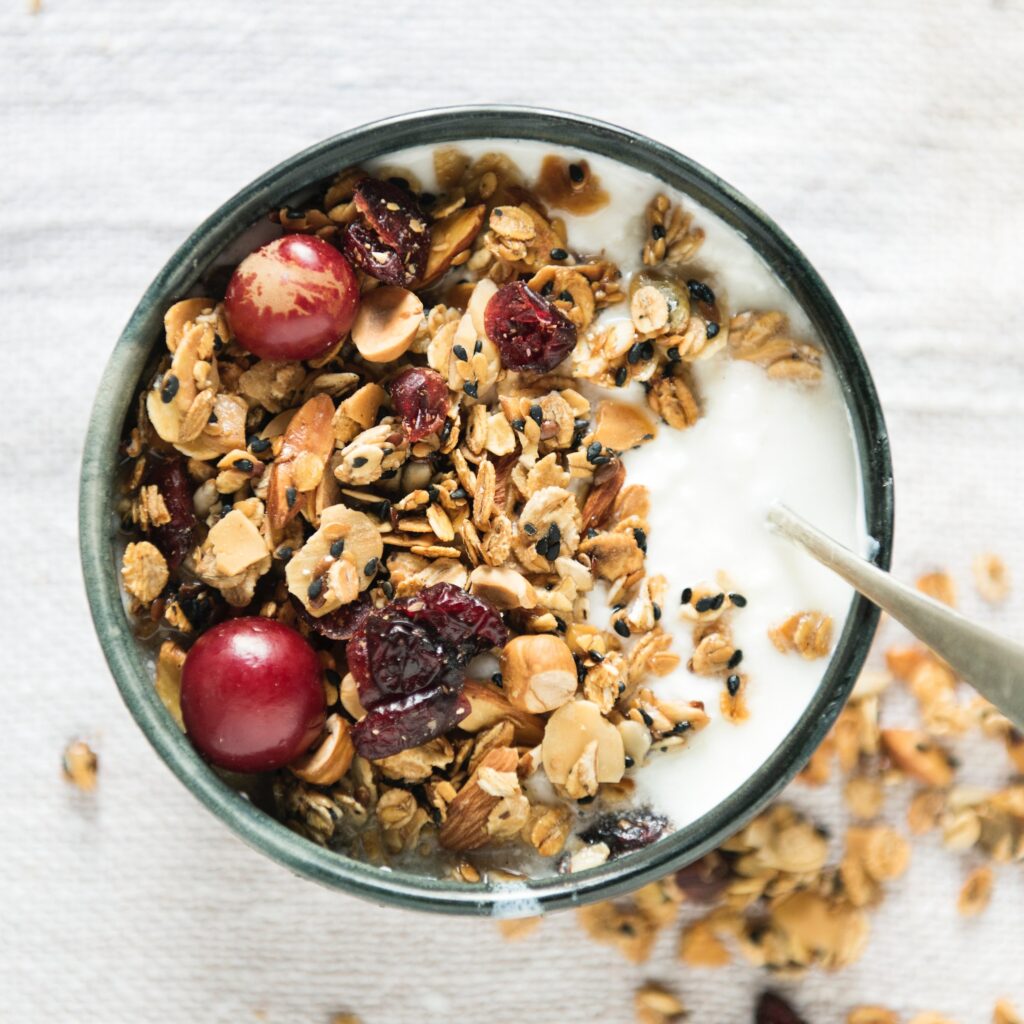
Cancer
Acne
Alzheimer’s
GI disturbances
Increased hormone exposure
Don’t worry, I’ll explain more.
I grew up, like many of you, drinking milk at every meal thinking it was nutritious. I also ate reduced-fat cheese and low-fat yogurt. Because, calcium and protein, right?
Well, yes, it’s true. These dairy foods are high in calcium and protein. But what I didn’t know (then) was what else they contain and how they increase the risk of disease.
As an oncology dietitian, I have read an abundant amount of research supporting how dairy consumption may significantly increases the risk of cancer. With cancer in my family history, the research convinced me to stop eating some of my favorite foods.
How could I teach my patient’s one thing, while doing another? How could I consciously know the research and continue to consume foods I knew increased my risk for the numerous cancers common in my family?
I couldn’t.
Plus, I learned dairy would intensify my acne (which I already had issues with) and make conception far more difficult.
Dairy & Hormones
Ironically, many people believe soy increases estrogen (a hormone), thus, increasing risk for cancer. This is not accurate. To learn more, watch our Facebook Live. But in a nutshell, I shared the research supporting why soy is actually helpful and protective against hormone-based cancers, such as breast cancer. If you want to reduce your risk for hormone-based cancers, you should consider reducing/eliminating dairy.
Let me explain.
Steroid hormones, such as estrogen, are found in foods of animal origin. If you are eating animal products you cannot avoid the hormones because they naturally occur (1).
Yes, even if a cow is grass-fed, free-range, organic, and free of antibiotics. These hormones occur in both humans and animals in identical molecular forms and are naturally part of animal metabolism (2,1). The presence of these hormones, and the high quantities are concerning as they are connected with several chronic diseases (1).
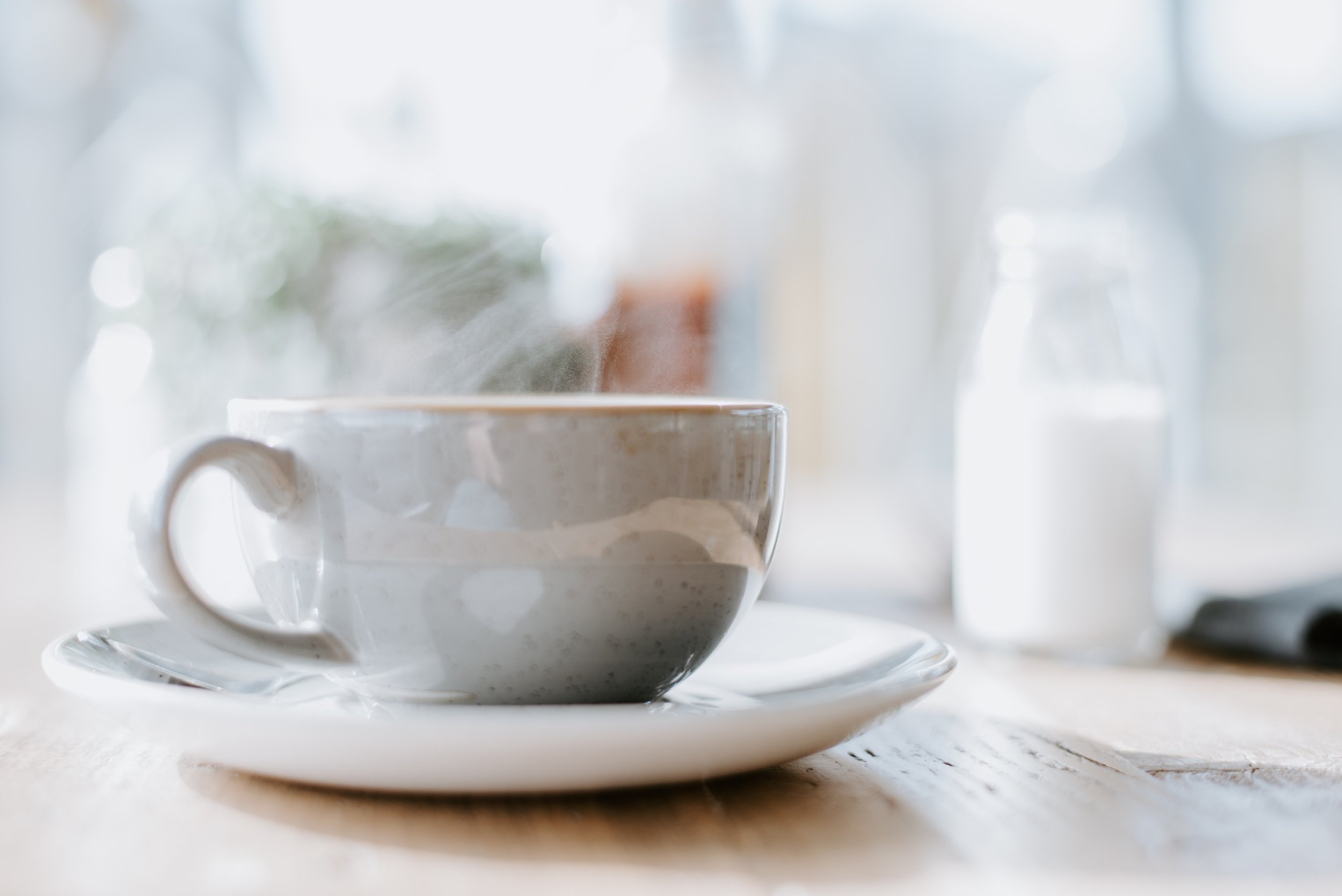
Hormones & Cancer
Dairy products of today, and since the 1970s, contain high levels of estrogen and progesterone. Related, there has been a dramatic increase in estrogen-related cancers, especially ovarian, uterine, breast, testicular, and prostate cancers. In fact, “cow’s milk and cheese has the highest correlation with incidence and mortality rate of these cancers”. (3)
Yikes.
Notably, in 14 different experiments, researchers found cow’s milk increased the growth rate of human prostate cancer cells. On average, the cow’s milk increased cancer cell growth more than 30%. (4)
Almond milk suppressed the growth of the cancer cells by more than 30%. (4)
#eatmoreplants
Acne, Dairy, and More Hormones (5)
Acne, along with breast and prostate cancer, is linked to dairy intake and another sex steroid hormone–5alpha-P.
Interesting Fact: Back acne is almost exclusively linked to dairy intake.
Cancer and IGF-1
A well-known cancer-promoting hormone is called IGF-1, or insulin-like growth factor-1 (6). The more IGF-1 we have, the higher the risk of cancer (7).
How is IGF-1 increased? The consumption of animal protein (8).
By reducing our animal protein intake, we can reduce our levels of IGF-1 (9).
I know what you’re thinking. Because I was there when I first learned this information. You’re probably thinking:
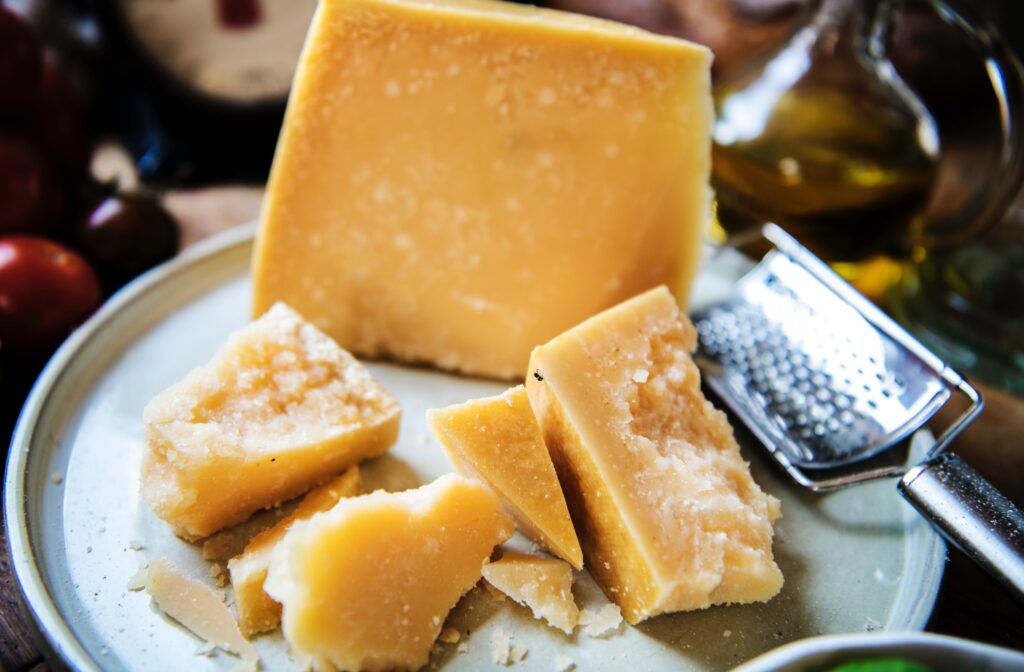
“Ugh. Seriously? How can this be?”
“There is no way I can give up cheese.”
When you know the research, see and feel the benefits of eliminating it, it’s a lot easier to give up.
You may also be thinking…
“But Alison, where do I get my calcium?”
Have no fear, I’ll cover calcium in next week’s blog post. But so I don’t leave you hanging completely until then, let me share this with you . . .
Research has found with each daily glass of milk a woman drinks, she puts herself at risk for (10):
- More bone & hip fractures
- A higher rate of premature death
- Heart disease
- Cancer
Just because something is high in calcium, doesn’t mean it protects our bones.
References:
- P Regal, A Cepeda, C Fente. Development of an LC-MS/MS method to quantify sex hormones in bovine milk and influence of pregnancy in their levels. Food Addit Contam Part A Chem Anal Control Expo Risk Assess. 2012;29(5):770-9.
- L Aksglaede, A Juul, H Leffers, N E Skakkebaek, A M Andersson. The sensitivity of the child to sex steroids: possible impact of exogenous estrogens. Hum Reprod Update. 2006 Jul-Aug;12(4):341-9.
- K. Maruyama, T. Oshima, and K. Ohyama. Exposure to exogenous estrogen through intake of commercial milk produced from pregnant cows. Pediatr Int, 52(1):33-38, 2010.
- Tate PL, Bibb R, Larcom LL. Milk stimulates growth of prostate cancer cells in culture. Nutr Cancer. 2011;63(8):1361-6.
- Dermatoendocrinol. 2009 Jan;1(1):12-6. Acne, dairy and cancer: The 5alpha-P link. Danby FW.
- Salvioli S, Capri M, Bucci L, et al. Why do centenarians escape or postpone cancer? The role of IGF-1, inflammation, and p53. Cancer Immunol Immunother. 2009;58(12):1909-17.
- Rowlands MA, Gunnell D, Harris R, Vatten LJ, Holly JM, Martin RM. Circulating-insulin-like growth factor peptides and prostate cancer risk: a systematic review and meta-analysis. Int J Cancer. 2009;124(10):2416-29.
- Allen NE, Appleby PN, Davey GK, Kaaks R, Rinaldi S, Key TJ. The association of diet with serum insulin-like growth factor I and its main binding proteins in 292 women meat-eaters, vegetarians, and vegans. Cancer Epidemiol Biomarkers Prev. 2002;11(11):1441-8.
- Soliman S, Aronson WJ, Barnard RJ. Analyzing serum-stimulated prostate cancer cell lines after low-fat, high-fiber diet and exercise intervention. Evid Based Complement Alternat Med. 2011;2011:529053.
- Michaelsson K, Wolk A, Langenskiold S, et al. Milk intake and risk of mortality and fractures in women and men: cohort studies. BMJ. 2014;349:g6015.
Dairy, Hormones, & Cancer
Leave a Reply Cancel reply
Featured Articles
Wholesome LLC is not a medical practice, and its employees cannot offer medical advice. This website provides educational information but it is not a substitute for medical advice from a licensed medical professional who is familiar with your particular facts and circumstances. The information contained on this website is not intended to diagnose, treat, or cure any disease and shall not be construed as medical advice. The information and education on this website is provided for you to use at your own discretion.
You can further review our disclaimer here.
Wholesome
About Alison
Courses & Programs
The Wholesome Journey
Free Resources
FAQs
Press & Media
Recipes
Blog
Contact Us
Shop
© 2026 Wholesome, LLC All rights reserved.
Privacy Policy
Terms of Use
Disclaimer
Mobile Terms of Service
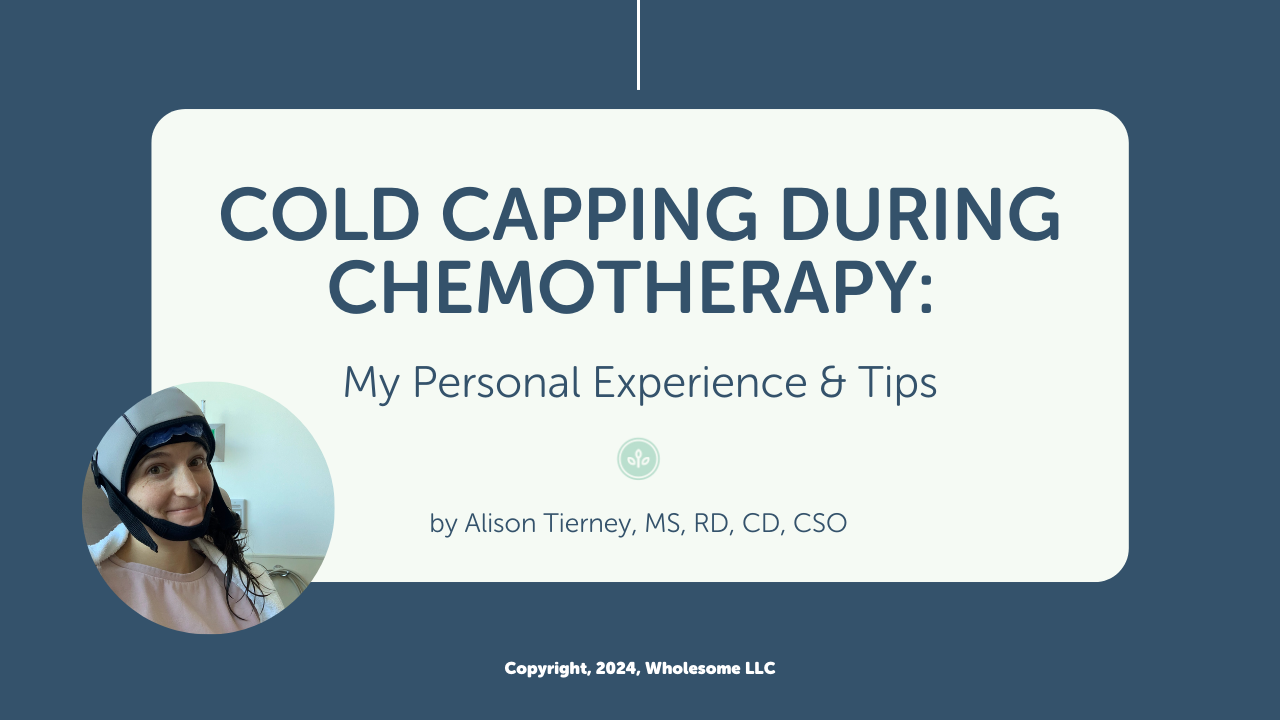
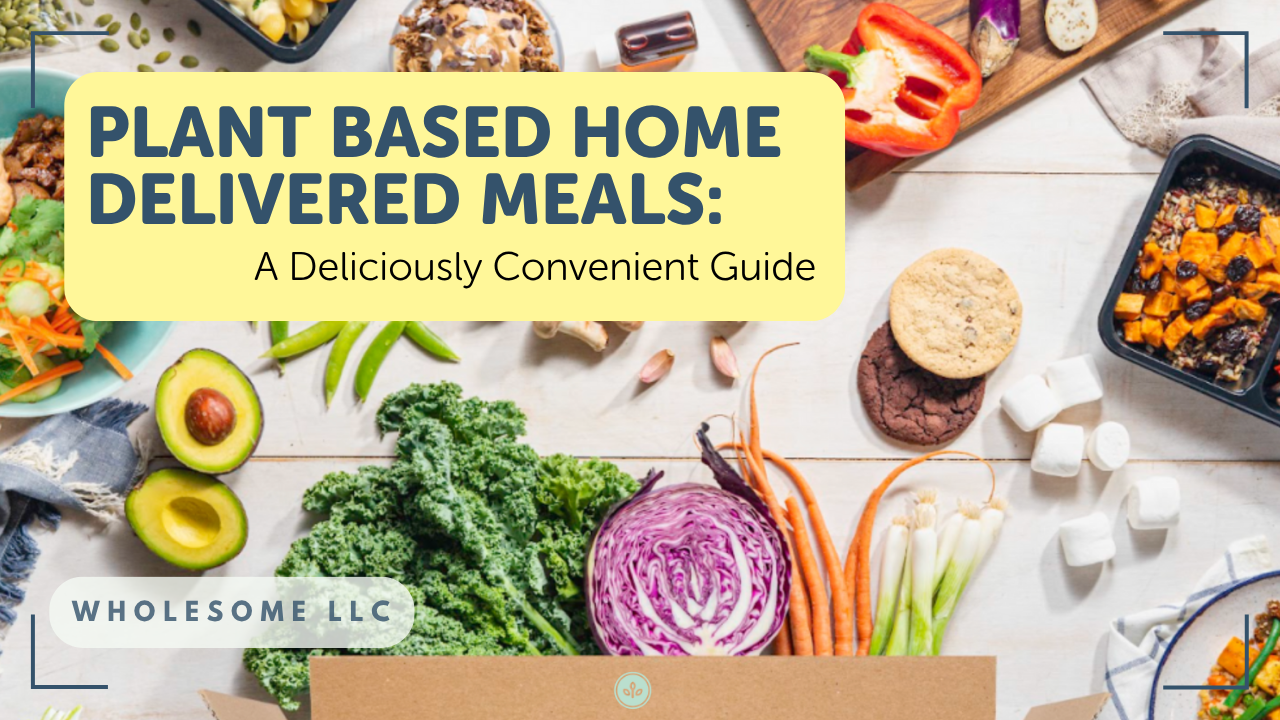
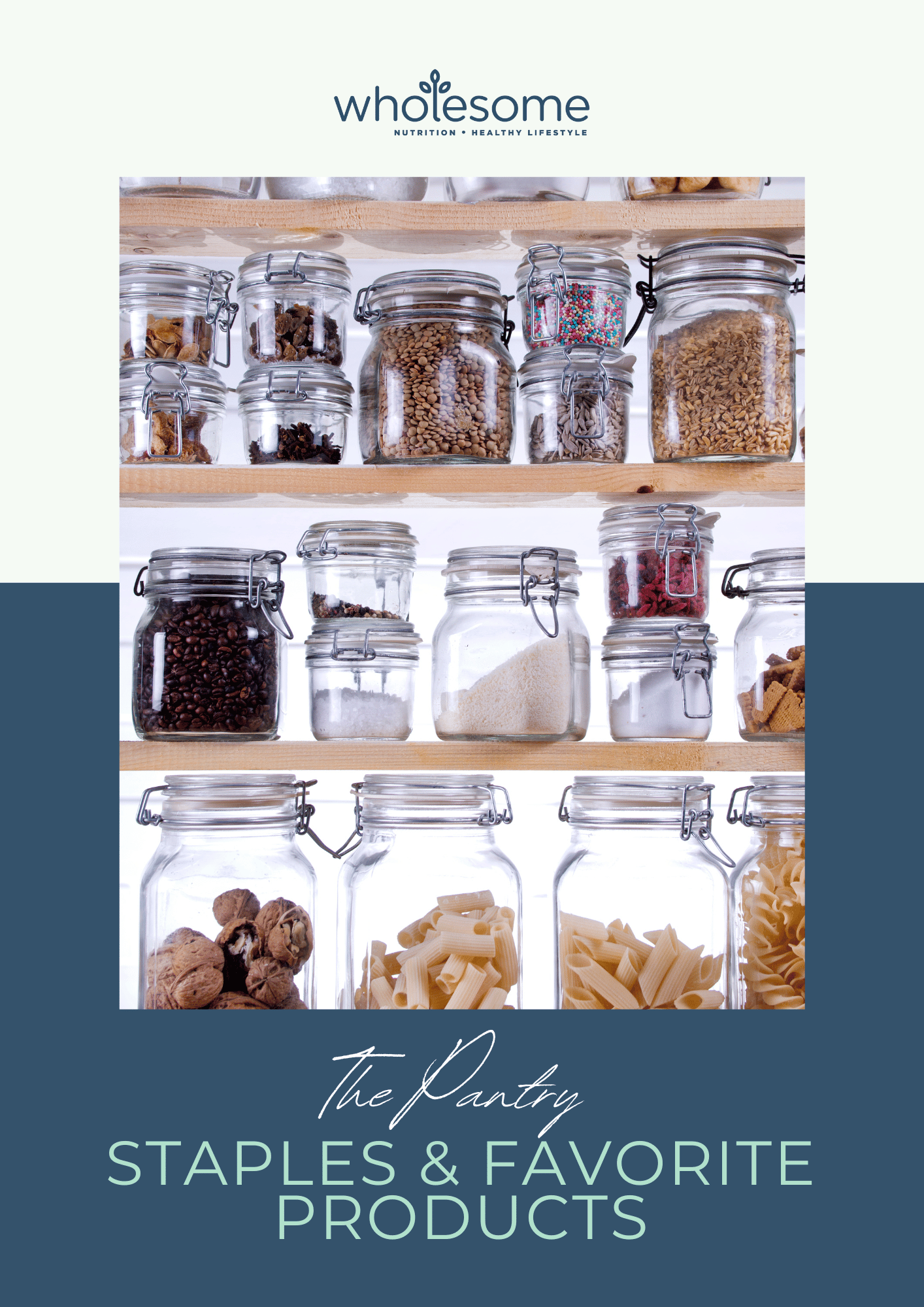
What is your opinion of the book The Plant Paradox?
Hi Ron! Great question–and a common one at that lately. To be honest, I do not agree with the recommendations of The Plant Paradox. One of the hardest things about nutrition recommendations in the variations in opinion.
Research shows diets centered around legumes, whole grains, and vegetables increase life span (quality lives at that!) and reduce disease. Dr. Michael Greger has a great summary video discussing the lack of quality research in the book, if you are interested. I hope this helps!
https://nutritionfacts.org/video/dr-gundrys-the-plant-paradox-is-wrong/